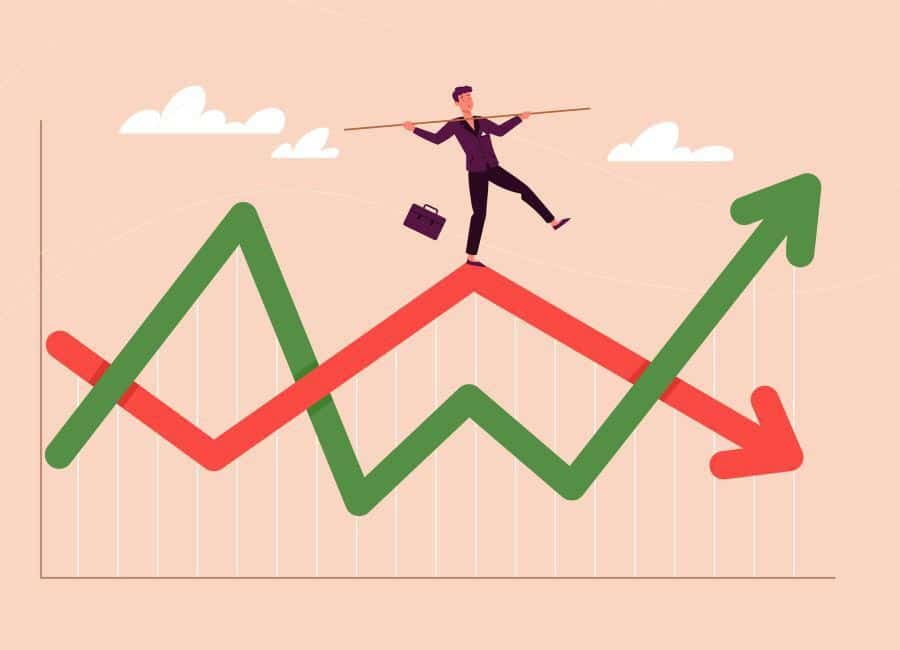The twin pincers of inflation and rising interest rates, and war in Ukraine, have brought investment fund investors back to earth with a bump.
After the stellar gains of 2021, and positive gains in many of the preceding years too, multi-asset funds across all the providers have been marked downwards, reflecting the decline in value of the underlying equities and other assets.
The only relatively safe haven at the moment is cash funds, but after charges these deliver a negative return, and in any event offer no protection from inflation.
Kevin Quinn, chief investment strategist at New Ireland, believes that market volatility evident since Russia's invasion of Ukraine will persist in the short term. The most pronounced impact for households around the world from the war will come in the form of further rises in energy prices.
In a note to clients, Quinn observed: "With oil, gas and coal all rising as a consequence of events in Ukraine, there seems little doubt that it will impact inflation, especially in Europe. The conflict will also impact on food prices, with wheat reaching prices not seen in 13 years, a reflection of Ukraine's importance in this market."
The question arises whether central banks accelerate the need to raise interest rates, or do the regulators slow down the pace of monetary tightening in order to protect their economies? For the moment in Europe, the ECB is not following the example of the US Federal Reserve, though thatís not making much difference to eurozone equity markets.

Quinn's counsel to New Ireland clients is to hang tough. "Geopolitical events of this kind tend to have a short-term and very unsettling impact on markets. For investors the evidence of past events of this kind is to be patient and to focus on long-term goals and objectives," Quinn advises.
Actively managed investment funds have the best prospect of protecting capital, as there are winners from the current turmoil too. Elliot Hentov, Head of Policy Research at State Street Global Advisors, believes the US shale sector could be a major and sustained winner from the crisis, and the value chain around LNG is also likely to enjoy a boom phase.
On a sector basis in the US, the star performer year-to-date has been energy, which is up 26.5% and is the only sector in positive territory for the year. Zurich's small Indexed Global Energy and Metals fund has benefited from such sentiment, appreciating by 13.7% in the first two months of 2020.
Zurich is an active fund manager and Richard Temperley, Head of Investment Development, says that equity positions across its suite of multi-asset funds remain above the midpoint of ranges. Zurich lightened its stocks exposure in Q4 2021, and was back in the market in a modest way in late February.
Temperley told clients recently: "Given the uncertainty evident in markets at this juncture, we maintain a flexible approach in our outlook. Geographically, the main bias is towards Asia and Europe, with allocations to Japan and the UK moving higher through February."
On a sector basis, Zurich is positively positioned towards technology, consumer discretionary, and healthcare stocks. Within fixed income markets, the investment manager favours corporate credit over sovereign bonds.










